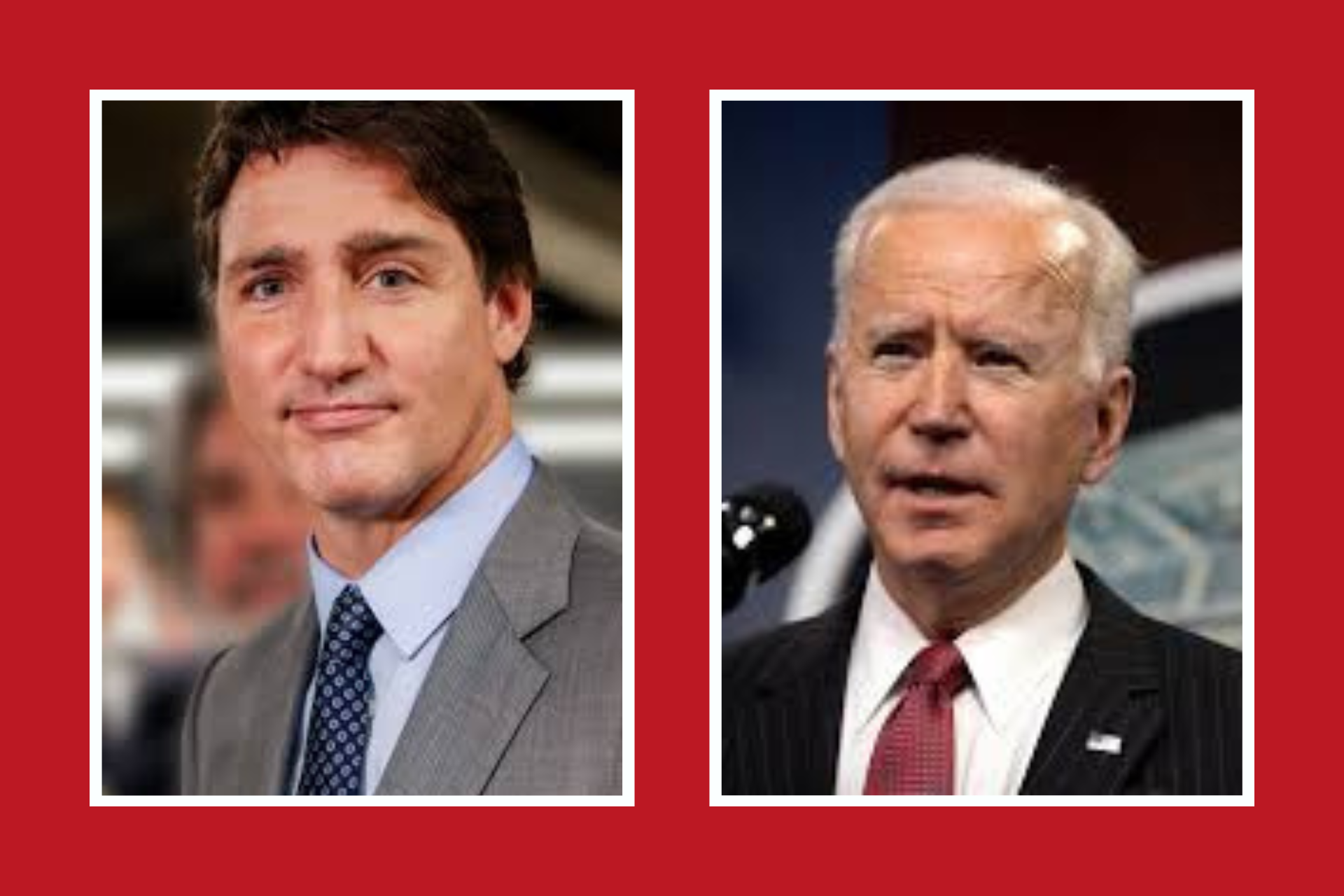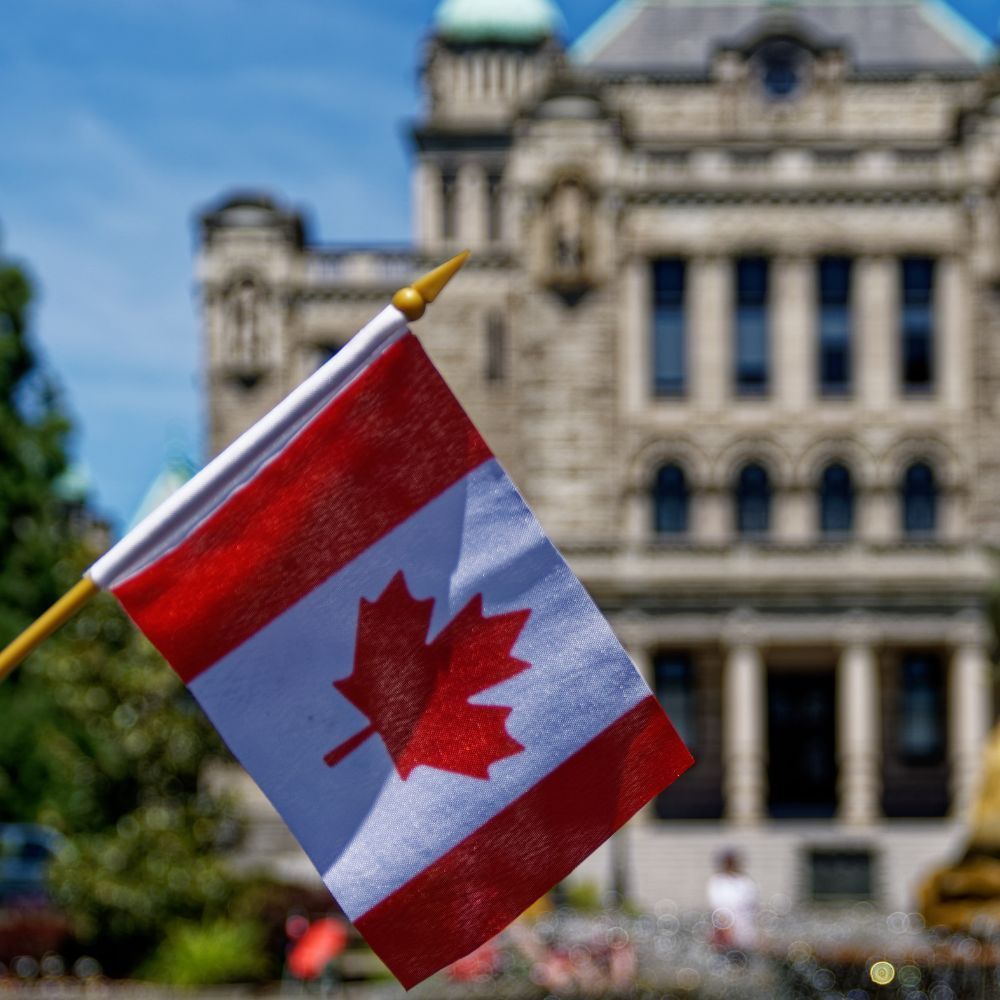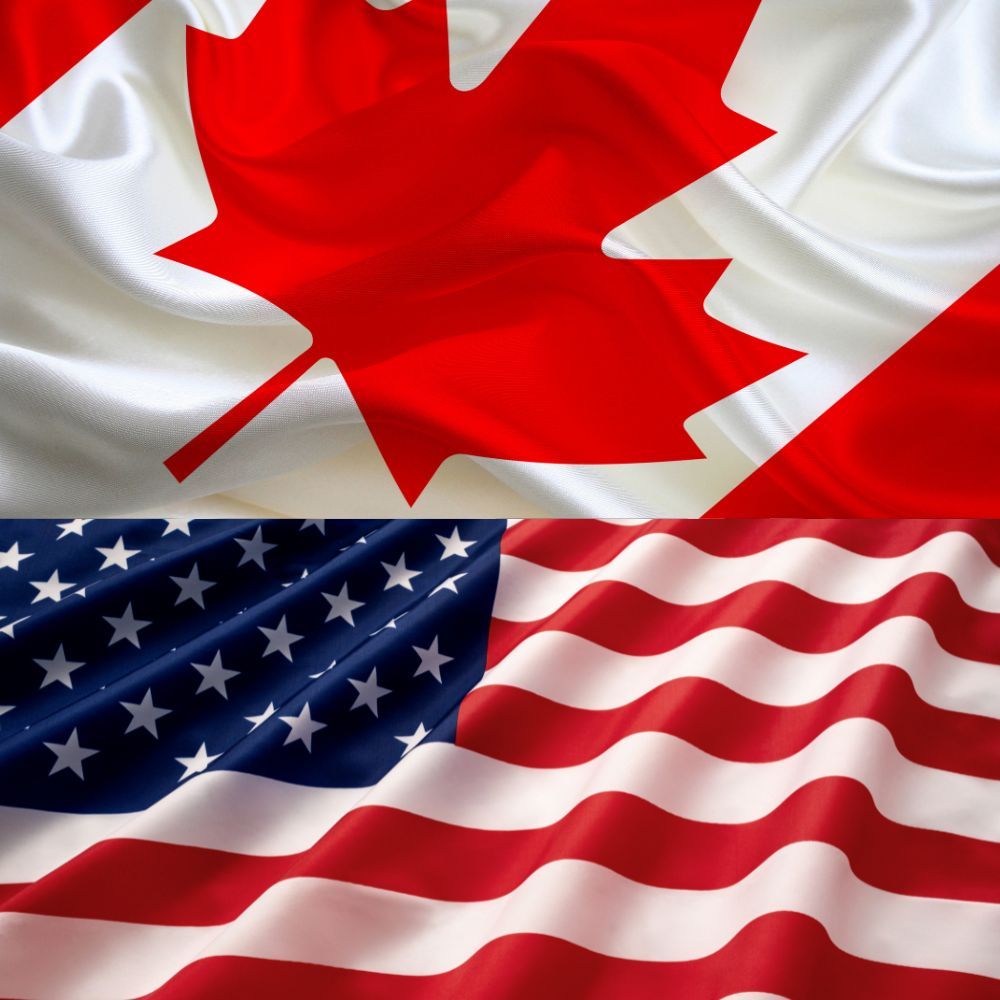Leave the Sinking Ship Or Go Down with It : Two Leaders Face this choice
US President Biden and Canadian Prime Minister Trudeau are both facing the agonizing decision of either quitting their positions or seeing their parties and legacies obliterated in electoral defeat.

The pressure is enormous on both and is consuming all media. Speculation is rife as to who might replace these leaders, with both of them making absolute commitments to stay on, and as Trudeau says endlessly, to “continue to deliver for Canadians.” Both feel they have been traditionally underestimated; have shown they can get up and fight again - and are simply very resilient. There is a shared inability by both leaders’ offices to admit that there is any fatal weakness in their leaders.
In Biden’s case, despite millions observing his stumbling early in the recent Biden-trump debate, the ever-weakening defense is it was a one due to a cold and fatigue from overseas travel and not to be compared with the accomplishments of his productive three years in office. This is paralleled by Trudeau’s defaulting to his child care, dental care and housing initiatives when asked why he should stay on given his long lasting unpopularity in the polls.
In addition, he has explained at length that he is in a virtuous battle against the ascent of a virulent right wing threat on democracy, a claim destroyed by a recent long commentary by Andrew Coyne in the Globe and Mail. He pointed to the huge win of the left-wing labour party in Britain and the dispatching of the populist party in Poland (and now the left wing ascendancy in France). “It is more than a stretch for the Prime Minister to pretend his own troubles are part of some worldwide trend to instability, or to insinuate that democracy is on the ballot in the next election,” he writes. Or to suggest that Poliviere is the same threat to democracy as Trump.
In addition, both leaders are personally convinced that they alone are qualified to take on their more popular rivals. Trudeau, in particular, has characterized the coming electoral fight with rival Poliviere as one he could never back away from.
Interestingly both have had their characters assassinated by their rivals. This is the constantly repeated refrain from Poliviere on Justin Trudeau: “Trudeau is not worth the cost. After nine years he’s doubled the debt, doubled housing costs, increased debt by 80%...Canada now has the worst per person income growth in the entire G7, worst mortgage debt growth in all those countries, when will he realize that the more, he spends the worse things get?”
Trump’s attacks on Biden are even worse: “They're (the Biden administration) are just destroying our country, and if we don't take it back — if we don't take it back in '24, I really believe we're not going to have a country left."
Are we to believe that this kind of savage and bitter attacking of your opponent (Polivere was banished from the House for calling Trudeau’s policies “wacko”) actually is effective in maintaining your popularity? Apparently, it does. Our politics has come to this. Personal vendettas over policy.
Trudeau recently argued fruitlessly that his policy approach was admired by other world leaders, citing the Japanese prime minister, Trudeau reported as saying “he looks to what we're doing to build an economy that leaves no one behind.” The German chancellor he said, “talked at length about our values of compassion and diversity.” This in answer to Poliviere’s repeatedly calling Canada “broken”.
Both clearly will resist to the bitter end any call to resign. I have lived the basic truism of all national leaders – it is the hardest thing in the world to admit you have lost popularity and the time has come to quit. The staff around you whose lives depend on your staying argue that you can do it to the bitter end. And you believe you can. For Trudeau belling the cat will take major party figures or would be candidates to go public which is only beginning to happen.
And what can we speculate will be the nail in the coffin for either? In Trudeau’s case, a couple more months of disastrous polling showing a Liberal rout in an election a year away. I believe in the principle that no leaders go into an election sure to lose will play. For Biden one more public demonstration that his age makes him confused and incompetent will seal his fate.
Only then can come the crowning of new leaders that might just result in the continuation of progressive leadership in both countries.
Patrick Gossage Insider Political Views




